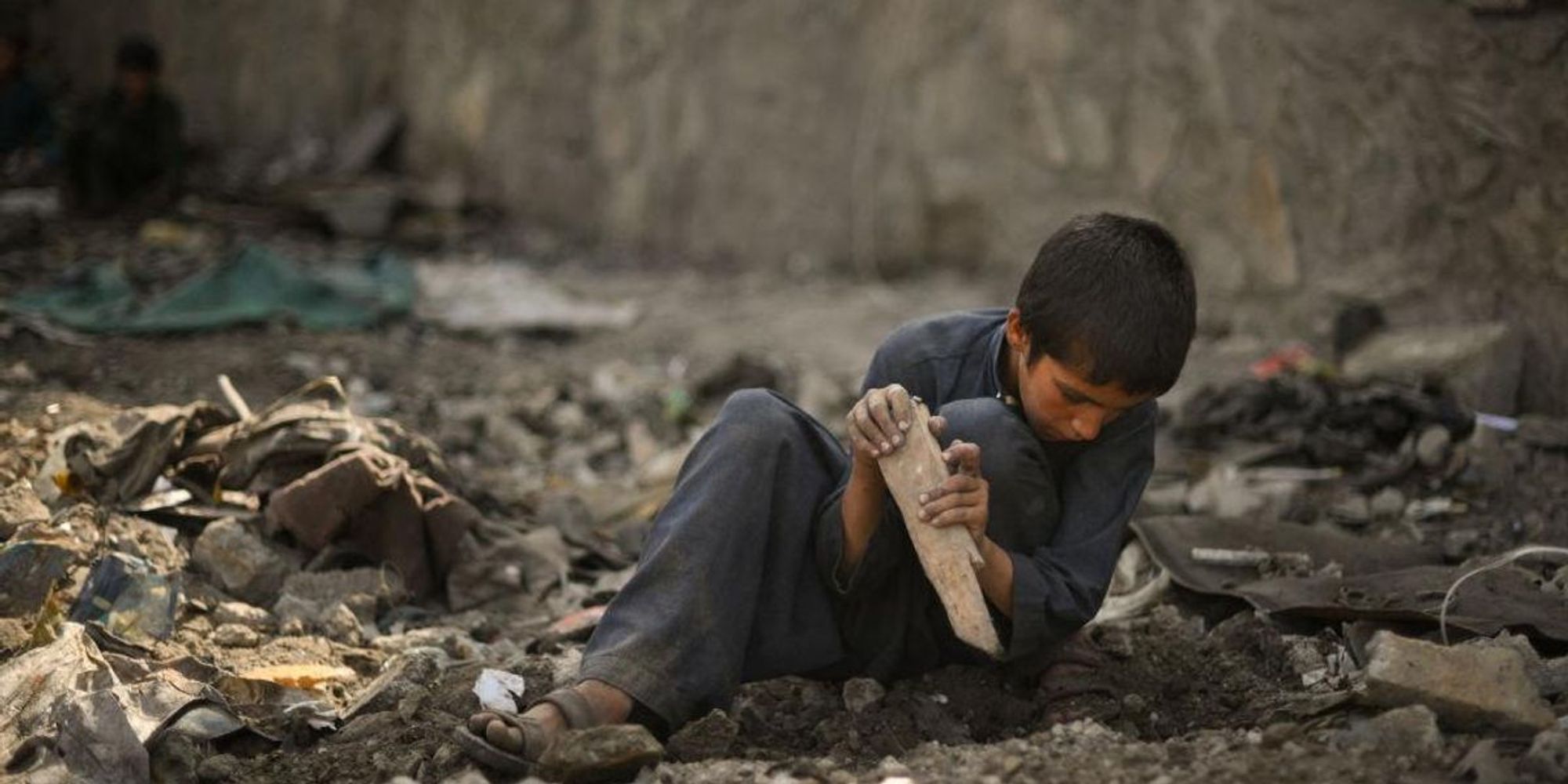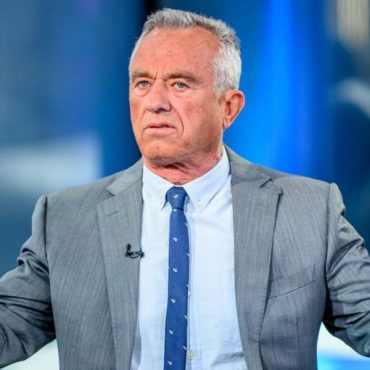Amid humanitarian crisis in Afghanistan, US rules out releasing billions in frozen funds


The Biden administration has decided it won’t release any of the roughly $7 billion in U.S.-based assets held by Afghanistan’s central bank, according to State Department spokesman Ned Price.
“We don’t see recapitalization of the Afghan central bank as a near-term option.” Price said. The assets were frozen after American forces withdrew from Afghanistan a year ago, reports Bloomberg.
In February, President Biden issued an executive order allocating half of the money to families of the victims of the 9/11 attacks, while reserving the remainder for “the benefit of the Afghan people.”
The White House was considering using the remaining $3.5 billion to pay for humanitarian aid and to support the struggling Afghan central bank, provided the bank could guarantee how that money would be used. Both options are “currently off the table,” reports the Wall Street Journal.
Officials said the decision was made after al Qaeda leader Ayman al-Zawahiri was killed in a CIA-operated drone strike in Kabul. Top U.S. envoy Tom West told the Wall Street Journal that the “Taliban’s sheltering of al Qa’ida leader Ayman al-Zawahiri reinforces deep concerns we have regarding diversion of funds to terrorist groups.”
The decision comes as millions in Afghanistan face starvation a year into the Taliban’s rule. The United Nations has warned that 95% of Afghans are not getting enough to eat. “The fate of an entire generation of Afghans is at stake,” said Ramiz Alokbarov, U.N. deputy special representative for Afghanistan, in March when discussing the deteriorating situation in the country.
After an earthquake killed over 1,000 people in Afghanistan in June, the U.N. reported that sanctions against Afghanistan were hampering relief efforts. Martin Griffiths, undersecretary-general for humanitarian affairs at the United Nations, said humanitarian groups in Afghanistan are struggling to access funds because of sanctions against the country.
“Many poor women and children will not be able to buy bread and other necessities of life. The country will continue to depend on humanitarian aid, which is not a solution,” said Shah Mehrabi, a board member of the Afghan central bank and a professor of economics at Montgomery College in Maryland. “Those reserves belong to the central bank, and have to be used for monetary policy.”
CREDIT: Original Article Source
Written by: TNT Radio
© 2024 TNT Radio All rights reserved Talking Dog Media



